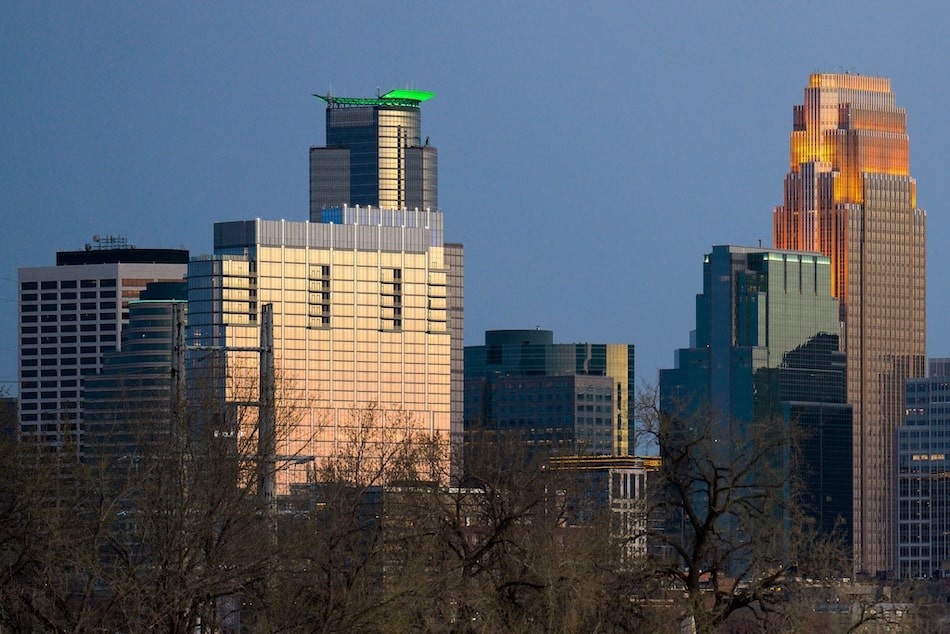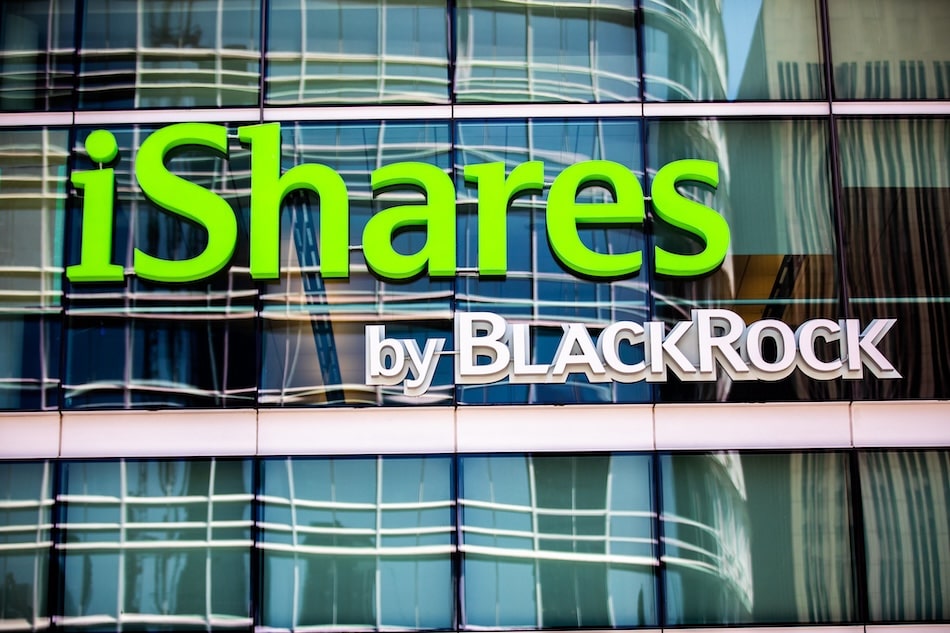
Key Takeaways
- Bitcoin's hashrate hit a new high of 769.8 exahashes per second.
- The rising cost of mining could lead to consolidation among smaller mining firms.
- Bitcoin miners have not significantly increased their selling despite rising costs.
The Bitcoin network hashrate reached a record 769.8 exahashes per second (EH/s) on October 21, reflecting increased security for the blockchain. The rising hashrate, driven by advances in mining hardware like application-specific integrated circuits (ASICs), marks a steady trend that began in 2021.
However, this increased hashrate also raises the cost of mining, which, when combined with the upcoming 2024 Bitcoin halving that will reduce block rewards, may lead to consolidation among smaller mining firms. Firms with less efficient mining rigs could struggle to remain profitable and may be forced to shut down or relocate to areas with lower energy costs.
Nazar Khan, co-founder of TeraWulf, a major Bitcoin mining company, emphasized that profitability post-halving will depend on energy-efficient mining equipment. He said:
If you are a company that owns quality infrastructure that can deliver low-cost power, that’s a real asset.
Despite increasing mining costs, Bitcoin miners have not significantly increased their Bitcoin selling. On October 20, only 2,916 BTC were sent to exchanges, marking one of the lowest sales days in a 30-day period, according to CryptoQuant data.




